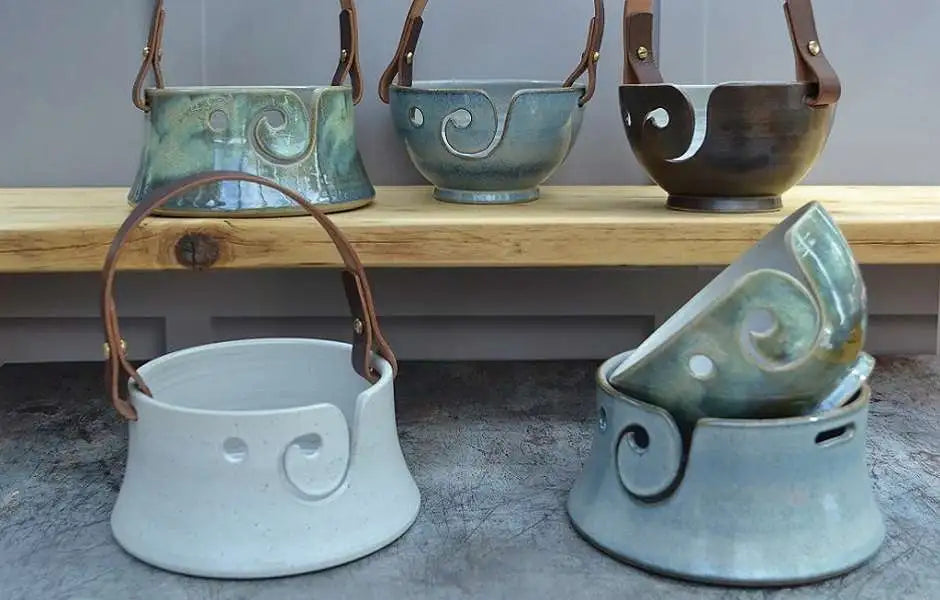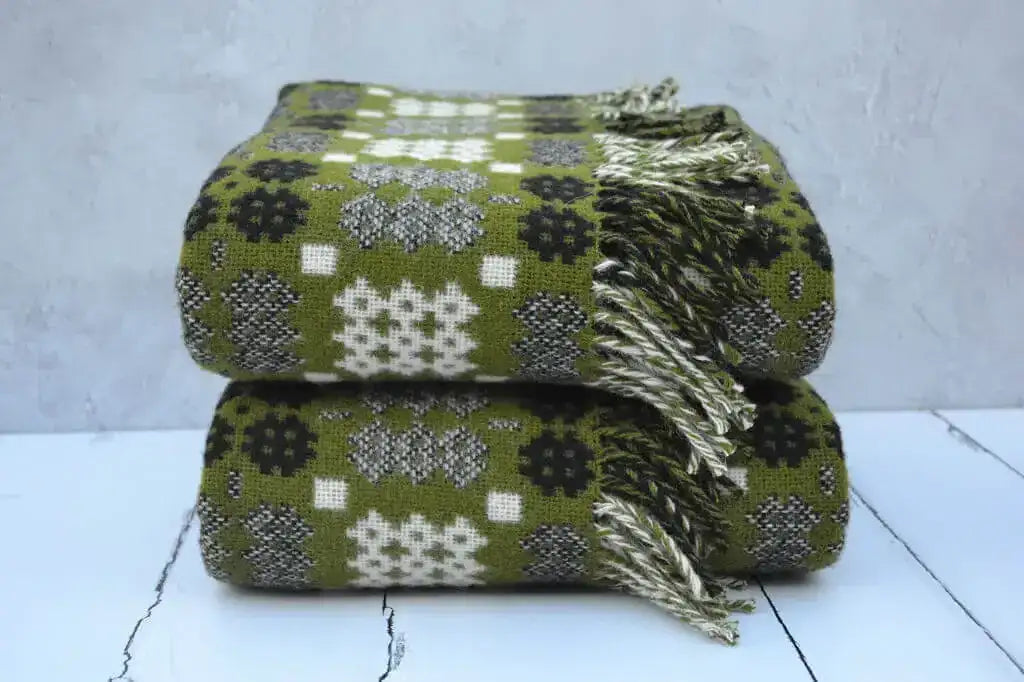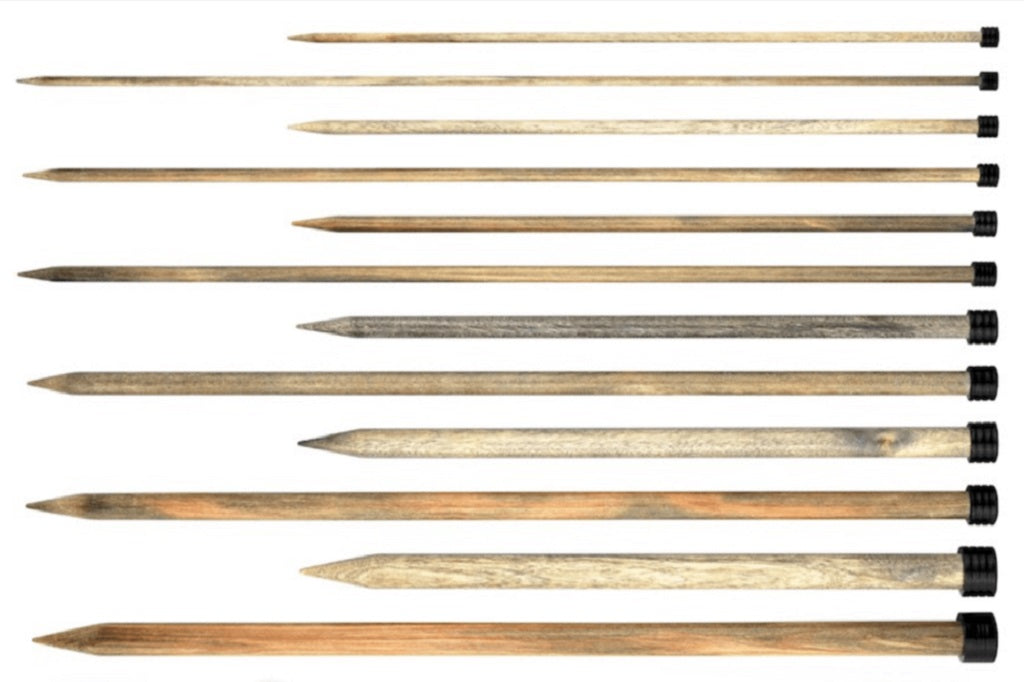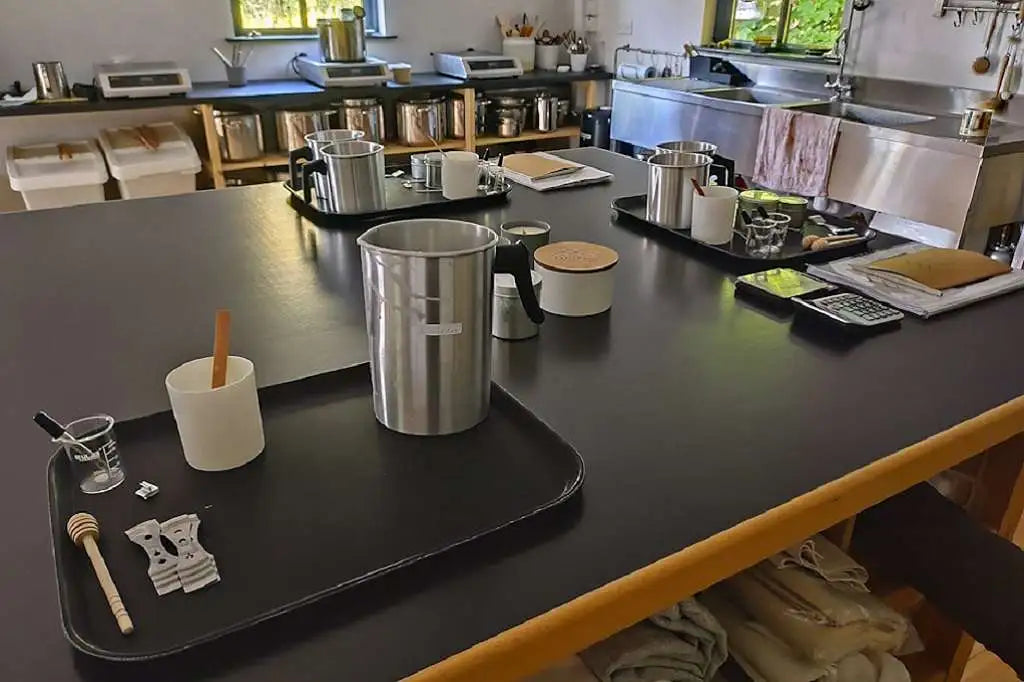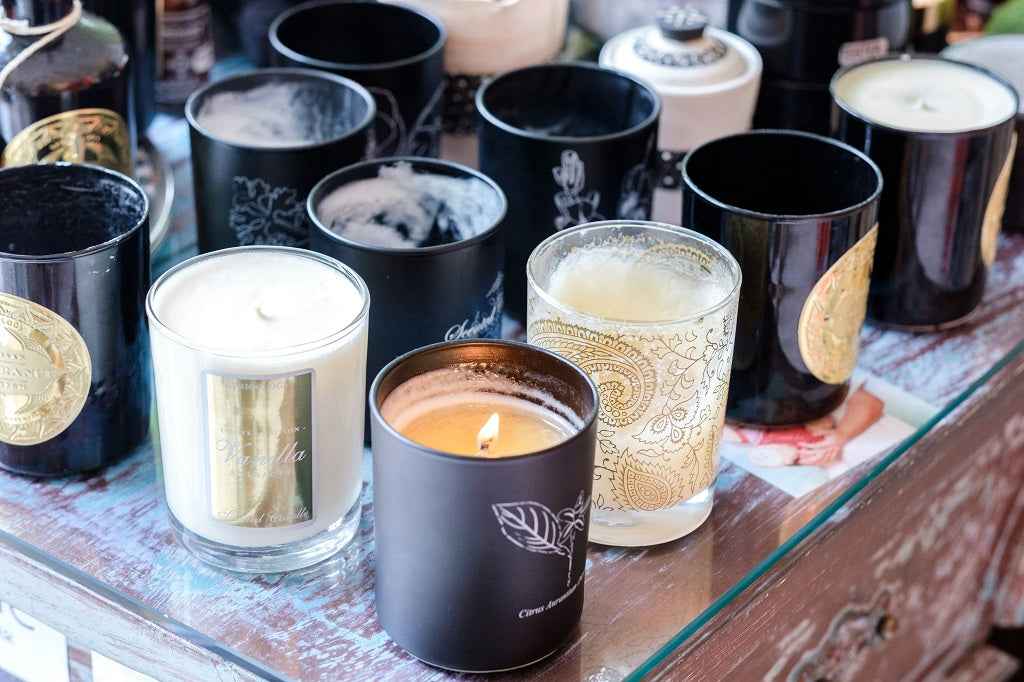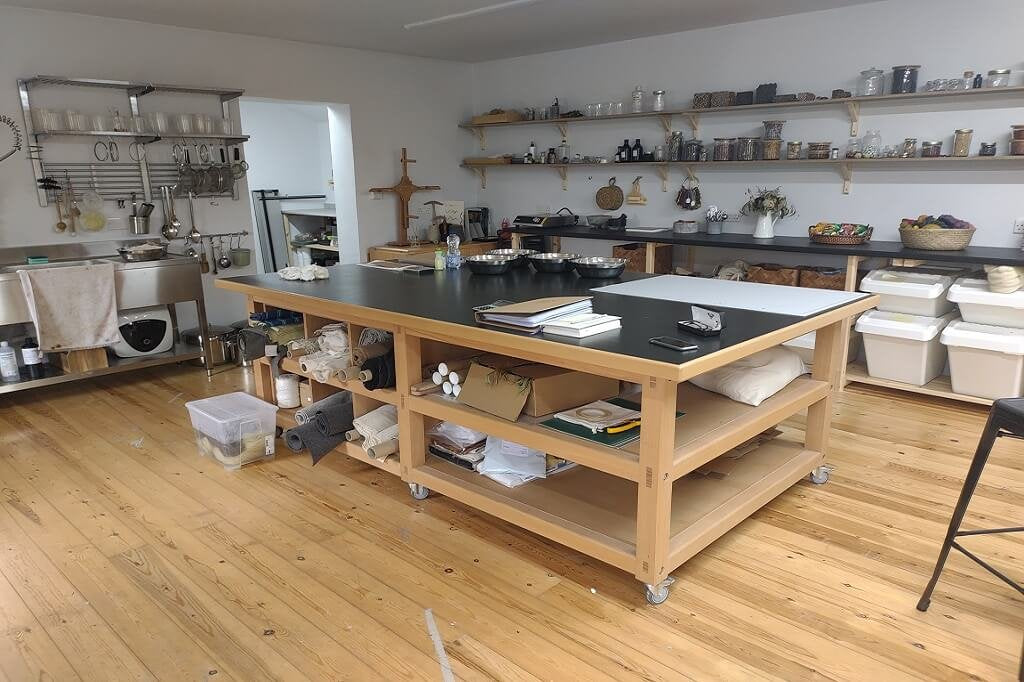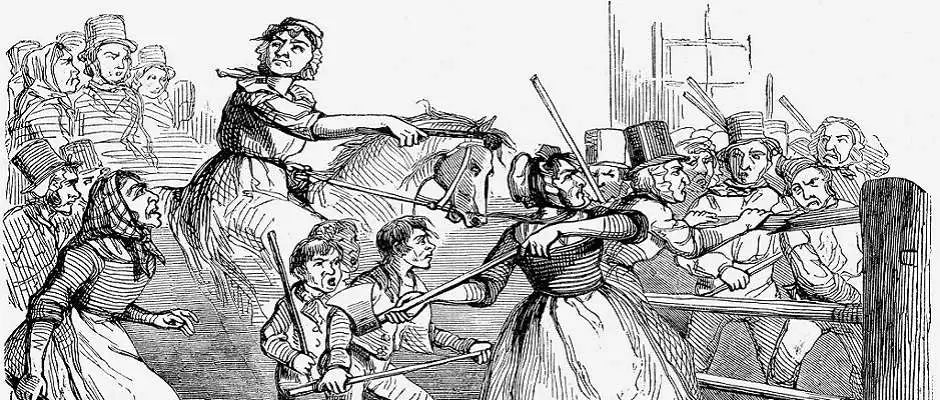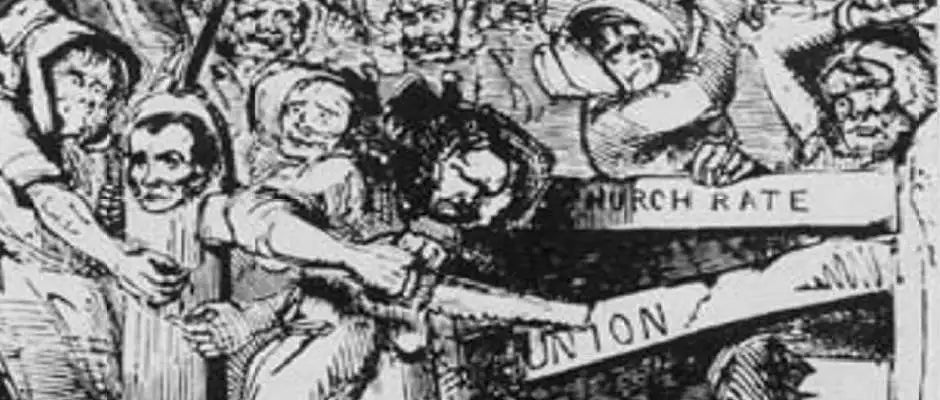Extended Returns until 9th January for all orders
Extended Returns until 9th January for all orders
Yarn Shop
Welsh Blankets
Clearance Sale
Craft Courses
Our Story
Rebecca Riots
Rebecca Riots, 1839 -1843 in West Wales
The Rebecca Riots were a series of protests by farmers and agricultural workers in rural west Wales, mainly Ceredigion, Carmarthenshire and Pembrokeshire. The riots were primarily directed at the high tolls and taxation imposed on the rural population by the Turnpike Trusts. The riots were named after the name used by the protesters, "Rebecca", a matriarchal figure from the Old Testament.
Merched Beca
In Welsh, the protesters were referred to as "Merched Beca" or Rebecca's Daughters.
Background to the Rebecca Riots
Rebecca Riots Causes
The background to the Rebecca Riots was the economic depression that hit Wales in the 1830s, which resulted in widespread poverty and unemployment. The Turnpike Trusts, which were responsible for maintaining the roads and charging tolls for their use, were seen as a symbol of oppression by the rural population. The tolls were particularly onerous on the poor, who had to pay for every journey they made, and were often forced to take longer and more circuitous routes to avoid the toll gates. The rioters, who were mostly farmers and agricultural workers, would ride at night and destroy the tollgates but they also attacked the homes of turnpike officials.
Rebecca Riots - First Protest in Efailwen, 13th May 1839
The first protest took place in the summer of 1839 in the village of Efailwen, Carmarthenshire (between St Clears and Crymych) where a group of men disguised themselves as women and destroyed a toll gate. This was followed by a series of similar protests throughout Wales, in which gangs of men dressed in women's clothing would assemble and march on a toll gate and take the law into their own hands. These gangs would demand that the toll be abolished, and if their demands were not met, they would use sledgehammers and other tools to destroy the gate and the toll house.
These gangs became known as ‘Rebecca and her daughters’, "Merched Beca" in Welsh. It is believed that they took their name from a passage in the Bible, Genesis XXIV, verse 60 – ‘And they blessed Rebekah and said unto her, "Let thy seed possess the gate of those which hate them". Usually at night, men dressed as women with blackened faces attacked the hated tollgates and destroyed them.
Thomas Rees (1806 - 17 November 1876), known as Twm Carnabwth, was a leader of the first 'riots' in 1839.
Nobody knows who called the meeting in the barn of Glynsaithmaen farm in the Preseli hills, and nobody knows who attended. But the man selected to lead the attack on the new toll-gate at Efail-wen was the 33-year-old red-headed Thomas Rees.
Decline of the Rebecca Rioters
The riots were initially successful in achieving their objectives, with many tolls being reduced or abolished altogether. However, the authorities responded by deploying large numbers of troops to the affected areas, and the protests eventually lost momentum. In total, over 250 people were arrested in connection with the riots, and several were sentenced to transportation to Australia.
Rebecca Riots Remembered

The Rebecca Riots were a significant moment in Welsh history, and they had a lasting impact on Welsh culture and identity. The protests were a symbol of resistance against the oppressive economic and political conditions of the time, and they helped to shape the popular perception of Wales as a nation that was prepared to fight for its rights.
Today every August Bank Holiday, a Ras Beca (Rebecca Race) race is held near Ffynnon Groes (Crosswell) in north Pembrokeshire - ther nearest postcade is SA41 3TG. This is a rural area and the nearest village is Eglwyswrw (2 miles) or Crymych (5 miles).
First run in 1977, the race is a five-mile course across the Preseli Mountains. The winner is given an axe and he/she smashes a gate to commemorate the Rebecca Riots. The current record time is 32 minutes and 5 seconds (1995), not bad for an undulating five-mile course over rough terrain!!
About FelinFach
Located in Pembrokeshire Wales, our ethos is defined in the three words...
NATURAL TRADITIONAL HANDMADE.
- Hand woven iconic Welsh blankets.
- Hand dyed yarn, dyed with natural dyes only - no exceptions!
- Hand poured candles, candle accessories and Candle Making Workshops.
- Natural Dyeing Craft courses.
- Yarn shop, yarn bowls, project bags, tools and accessories for knitters and crafters.
- Welsh Gifts, made in Wales, handmade in Wales.
We are a proud supporter of Americymru the Campaign for Wool, Global Welsh and Red Dragon America.
Last updated 5th May 2025



